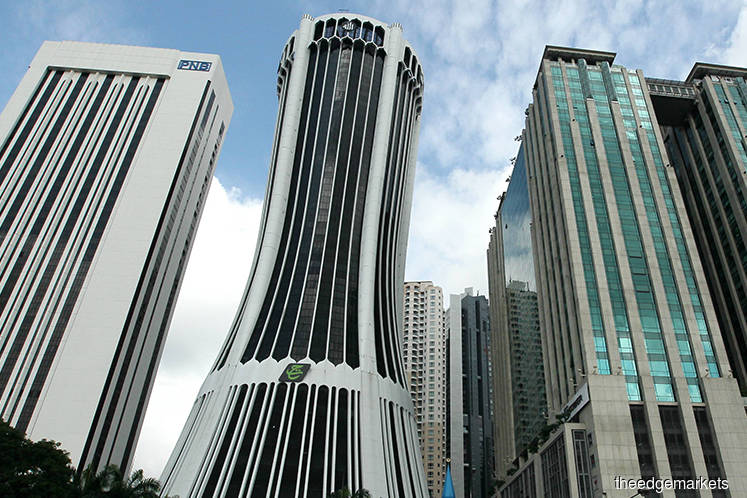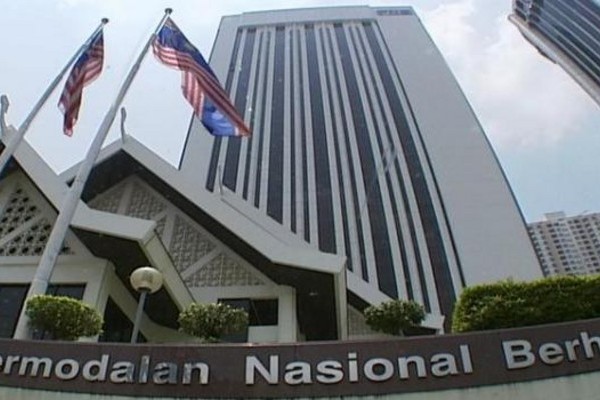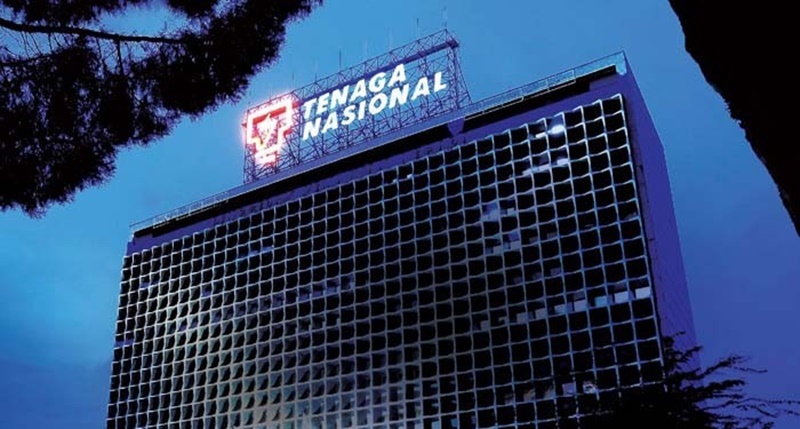The disaster called Tabung Haji and many more to come

This government-backed get-rich-quick scheme that started almost 50 years ago can only last as long as they can continue getting shares at below market price and sell them at double or triple the cost price. Once that ends — such as companies are not being listed, you can no longer get millions of listed shares for a song, or the stock market is not booming — then you will start seeing the house of cards fall.
NO HOLDS BARRED
Raja Petra Kamarudin
LUTH or Lembaga Urusan Tabung Haji (now called LTH) started out as a savings fund. Poor fishermen, farmers and land settlers (or even civil servants) could not fork out RM3,000 or RM4,000 in one go (what it cost back then) to pay for the cost of performing the Haj or pilgrimage. So, they deposited the money, say RM10 or RM20 a month, in LUTH and maybe after 20 or 30 years the amount saved would be enough to go to Mekah.
But then RM10 or RM20 today will be worth less in 20- or 30-years’ time if the money sits idle and does not grow. For example, inflation would eat into your capital and, by 20- or 30-years’ time, your money would lose maybe 90% of its value. LUTH, therefore, must pay at least 8.5-9.5% in dividends to make it worth saving that money.

Tabung Haji is a house of cards, like many other trust agencies or unit trusts
The same went for PNB, LTAT, and many more. They need to pay at least 8.5-9.5% to make it worth investing your money in these unit trusts or trust agencies.
PNB, LUTH, LTAT, etc., are practically government-guaranteed. You are sure of getting more returns on your investment than what the banks give for fixed deposits. And the government does this by ‘abusing’ the New Economic Policy or NEP.
When companies list their shares, they need to allocate at least 30% of their shares to Bumiputeras. The government-backed GLCs or trust agencies then pick up those Bumiputera shares at par (the shares are not supposed to go to individuals although since Mahathir’s-Daim’s-Anwar’s time some do slip through the floorboard and end up in the hands of individuals).

Is Permodalan Nasional Berhad or PNB going to be the next to fall?
Let us take TNB as one example. The GLCs, PNB, LUTH, LTAT, etc., get TNB shares at par value and then when the shares double or triple in price they sell off part of the shares to service dividends. The balance of the shares would now be fully paid or free of charge and there would be enough cash to pay the 8.5-9.5% dividend to the investors.
Basically, you get shares cheap or below market value, you ‘play’ the market, you sell off some shares at a huge profit to generate cash while still retaining a substantial number of shares as long-term investments, and so on.
And that is why the government cannot end the NEP even though it was supposed to end more than 28 years ago in 1990. If the NEP ends then the government cannot ‘squeeze’ listed companies for 30% of its shares at cheap-sale price. Then the GLCs and trust agencies cannot continue to pay 8.5-9.5% dividends — or else will have to pay the 8.5-9.5% dividends and lose money, like what happened to Tabung Haji and most likely many more GLCs and trust agencies (but thus far we are not being told about the other disasters).

The listing of TNB and many other GLCs made many trust agencies rich, which was how they serviced the 8.5-9.5% dividends
This government-backed get-rich-quick scheme that started almost 50 years ago can only last as long as they can continue getting shares at below market price and sell them at double or triple the cost price. Once that ends — such as companies are not being listed, you can no longer get millions of listed shares for a song, or the stock market is not booming — then you will start seeing the house of cards fall.
Today, Tabung Haji is the first victim. Many more victims are around the corner, maybe even PNB. The government cannot admit that their 50-year get-rich-quick scheme has hit the end of the road. They will need to blame ‘mismanagement’ and ‘abuse of power’ as the reason. But the real reason is the government was using (abusing) the NEP as the excuse to squeeze businessmen for cheap shares which they then sold for 100% or 200% profit.
And now let us hear what Pakatan Harapan has to say about the matter.

